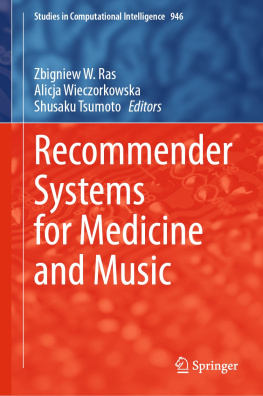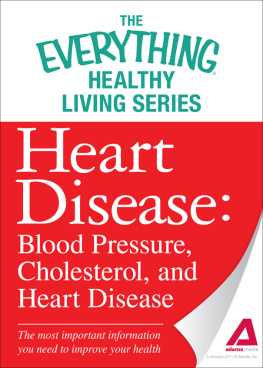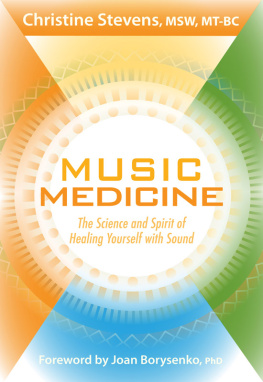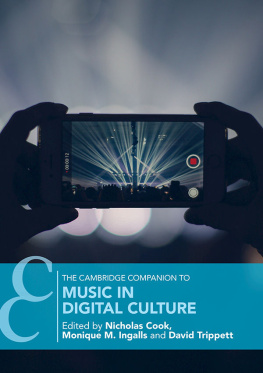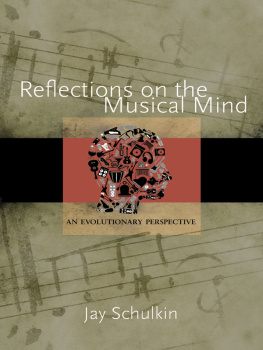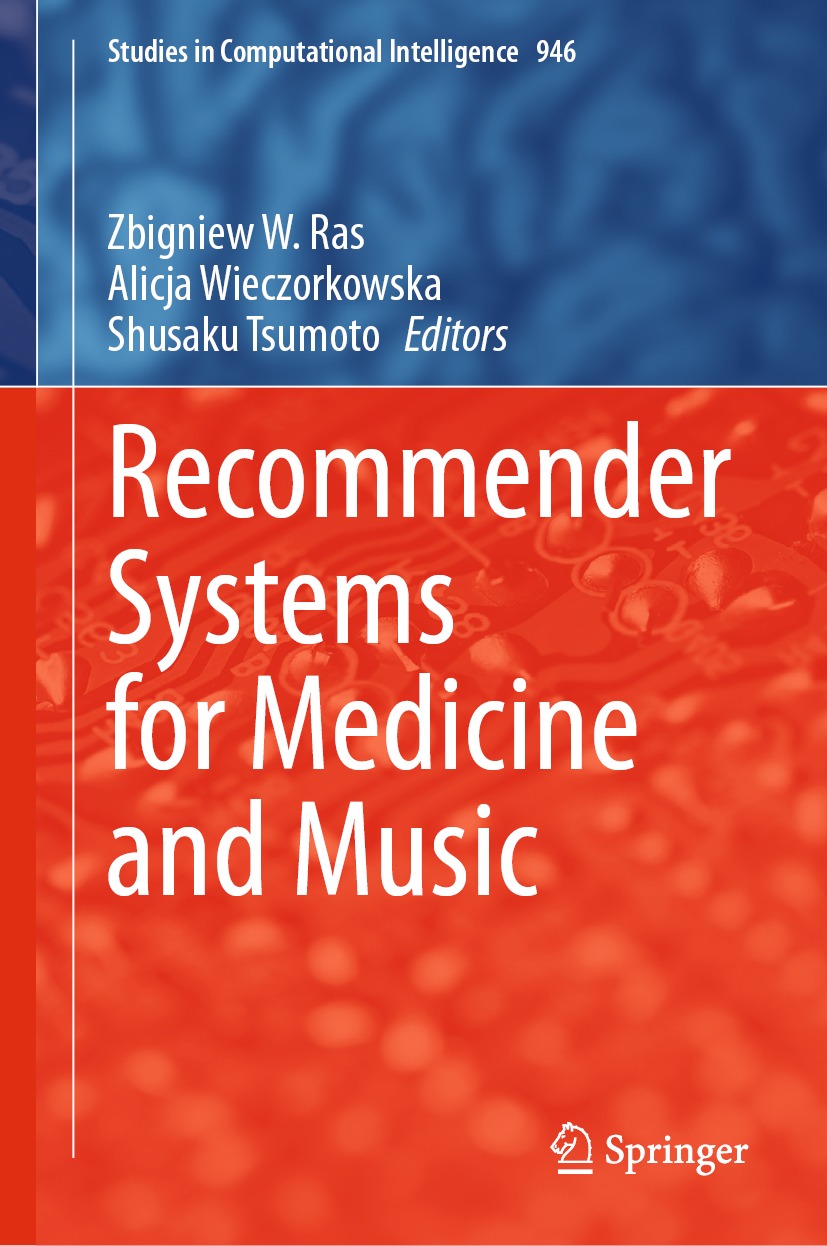Volume 946
Studies in Computational Intelligence
Series Editor
Janusz Kacprzyk
Polish Academy of Sciences, Warsaw, Poland
The series Studies in Computational Intelligence (SCI) publishes new developments and advances in the various areas of computational intelligencequickly and with a high quality. The intent is to cover the theory, applications, and design methods of computational intelligence, as embedded in the fields of engineering, computer science, physics and life sciences, as well as the methodologies behind them. The series contains monographs, lecture notes and edited volumes in computational intelligence spanning the areas of neural networks, connectionist systems, genetic algorithms, evolutionary computation, artificial intelligence, cellular automata, self-organizing systems, soft computing, fuzzy systems, and hybrid intelligent systems. Of particular value to both the contributors and the readership are the short publication timeframe and the world-wide distribution, which enable both wide and rapid dissemination of research output.
Indexed by SCOPUS, DBLP, WTI Frankfurt eG, zbMATH, SCImago.
All books published in the series are submitted for consideration in Web of Science.
More information about this series at http://www.springer.com/series/7092
Editors
Zbigniew W. Ras , Alicja Wieczorkowska and Shusaku Tsumoto
Recommender Systems for Medicine and Music
1st ed. 2021

Logo of the publisher
Editors
Zbigniew W. Ras
Department of Computer Science, University of North Carolina at Charlotte, Charlotte, NC, USA
Polish-Japanese Academy of Information Technology, Warsaw, Poland
Alicja Wieczorkowska
Department of Multimedia, Polish-Japanese Academy of Information Technology, Warsaw, Poland
Shusaku Tsumoto
Department of Medical Informatics, Faculty of Medicine, Shimane University, Izumo, Japan
ISSN 1860-949X e-ISSN 1860-9503
Studies in Computational Intelligence
ISBN 978-3-030-66448-0 e-ISBN 978-3-030-66450-3
https://doi.org/10.1007/978-3-030-66450-3
Springer Nature Switzerland AG 2021
This work is subject to copyright. All rights are reserved by the Publisher, whether the whole or part of the material is concerned, specifically the rights of translation, reprinting, reuse of illustrations, recitation, broadcasting, reproduction on microfilms or in any other physical way, and transmission or information storage and retrieval, electronic adaptation, computer software, or by similar or dissimilar methodology now known or hereafter developed.
The use of general descriptive names, registered names, trademarks, service marks, etc. in this publication does not imply, even in the absence of a specific statement, that such names are exempt from the relevant protective laws and regulations and therefore free for general use.
The publisher, the authors and the editors are safe to assume that the advice and information in this book are believed to be true and accurate at the date of publication. Neither the publisher nor the authors or the editors give a warranty, expressed or implied, with respect to the material contained herein or for any errors or omissions that may have been made. The publisher remains neutral with regard to jurisdictional claims in published maps and institutional affiliations.
This Springer imprint is published by the registered company Springer Nature Switzerland AG
The registered company address is: Gewerbestrasse 11, 6330 Cham, Switzerland
Preface
We know that music has a large effect on us in general. It can make us smile when we are feeling stressed. The sound of music can cause our hearts to beat in healthier ways. It helps people regain inner peace and is the voice that binds us together. The positive relationship between music and medicine is widely known. Music has become an important tool for medical therapy. Sound healing therapy uses aspects of music to improve physical and emotional health and well-being. The person being treated partakes in the experience with a trained practitioner. Music therapy may involve listening to music, singing along to music, meditating, and playing an instrument. Evidence suggests that music therapy is beneficial for all individuals, both physically and mentally, but especially in aging societies.
Many papers on music therapy have been published, possibly because medical doctors have to deal with various kinds of chronic diseases, including cancers, in which music therapy helps to improve the symptoms. A recent study conducted at Johns Hopkins University found that Parkinsons patients singing weekly improved their quality of life, voice strength, and clarity. Music can have an impressive impact on people with Alzheimers disease since it may reduce agitation and improve behavioral issues that are common in its middle-stages. There are papers reviewing the state of the art in applying music therapy to treat Alzheimers disease [1,2]. Music provides a way to connect, even after verbal communication has become difficult. Listening to music may improve heart rate, respiratory rate, and blood pressure in people with heart disease. Music can be used to treat cancer, tinnitus, psychiatric disorders, and visually impaired patients.
Health intelligent systems have become indispensable tools in decision-making processes in the healthcare sector. Their main objective is to ensure the availability of valuable information at the right time by ensuring information quality, trustworthiness, authentication, and privacy concerns. As people use social networks to understand their health condition, the health recommender system is very important to derive outcomes such as recommending diagnoses and clinical pathway-based treatment methods taking into consideration the patients health profile.
Part I of the book contains six contributions covering the area of recommender systems and their applications in healthcare.
The Chapter , written by Madlen Ivanova and Zbigniew W. Ra, gives an overview of recommender systems and their classification which is based on filtering techniques. There are five common techniquescollaborative filtering, content-based, knowledge-based, group recommender systems, and hybrid. Each one is presented with examples covering the healthcare domain. Collaborative filtering recommendation can be further split into six subcategoriesmodel-based, memory-based, clustering based, matrix and tensor factorization, deep learning, and hybrid method.
The Chapter , written by Mila Kwiatkowska, describes healthcare as a socio-technical system that comprises interacting human and technical agents. Thus, any change to the system, such as an introduction of Recommender System based (RS-based) tools or methods, requires careful consideration of the technical and social aspects. The chapter presents the main issues which should be considered in the deployment of RS-based tools and techniques in healthcare: (1) adherence to the medical regulations for medical software, (2) compliance with the medical data privacy, (3) improvement of transparency and trustworthiness of recommendations, (4) analysis of short-term and long-term ethical issues, and (5) patient empowerment, doctorpatient relationship, and human aspects.

